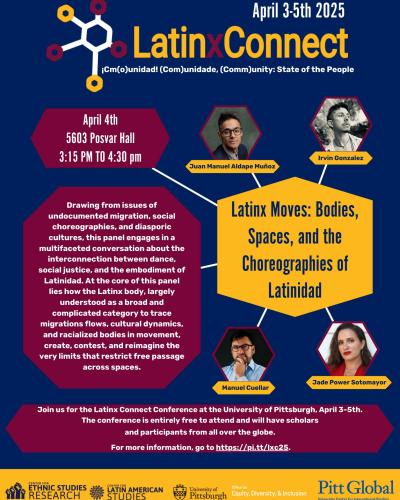PMA Ph.D. Candidate Ariel M. Dela Cruz has published a special issue research article called “But on Sunday, They Are Free”: Tomboy Domesticity and Home Time in Sunday Beauty Queen” in GLQ: A Journal of Lesbian and Gay Studies.
The article appears here through Duke University Press.
Ariel took some time to speak with us about their work:
What inspired you to create ““But on Sunday, They Are Free”: Tomboy Domesticity and Home Time in Sunday Beauty Queen?”
I first watched Sunday Beauty Queen shortly after it was released in 2016. As the child of a Filipina caregiver, as a care worker, and as a tomboy, I was moved not only by the stories that these domestic helpers were sharing but by their collective care and community-building as they endured precarious labour conditions over the course of several years. In particular, I was struck by one of the tomboy domestic helpers, Leo Selomenio, who organized beauty pageants for domestic helpers on their one day off each week, who was constantly allowing other domestic helpers to access his home, and who continually provided terminated domestic helpers with food, care, support, and shelter. I felt like it was important to show that there is so much to be gleaned when we begin to look at domestic migrant labour from the perspectives of tomboys.
What was your approach in crafting this publication?
Scholarly literature about domestic migrant labour often forgets the presence of tomboys who are and have always been present as care workers. In this way, I wanted to frame tomboyness as a specific cultural term that differs from Western notions of tomboys, center tomboys by using their own words, stories, and experiences, and highlight the transformative care work that they are doing. I didn't want the article to be just about tomboys; instead, I wanted to demonstrate how tomboys are knowledge makers and theorists who are doing critical work within their everyday lives. In terms of the actual writing process, I was surrounded by a community of academic colleagues and mentors who were generous in their feedback and supported me by engaging in ongoing conversations, all of which allowed me to revise and reshape the article over time.
What would you like readers to know about you and your work?
I hope that readers are able to see the ways in which tomboys play crucial roles within domestic labour migrations and how the care that they perform within their friendships, families, and communities has the capacity to create new and more livable worlds for themselves as well as other domestic helpers.
Read more about Ariel M. Dela Cruz.





